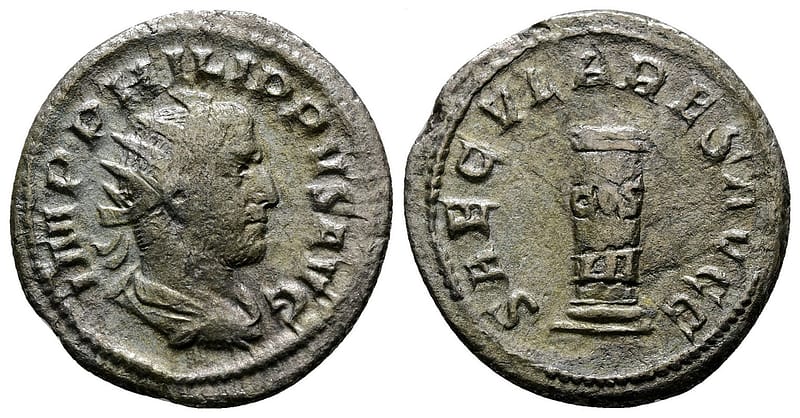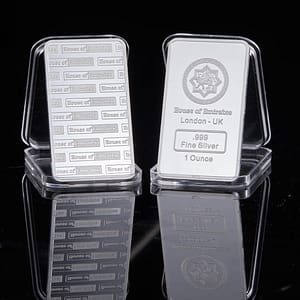House of Emirates hoemirates.com

Philip I, commonly known as Philip the Arab, stands as a figure of intrigue within the annals of Roman history. His reign, albeit relatively short-lived, marked a significant chapter in the tumultuous saga of the Roman Empire during the 3rd century AD. Born around 204 AD in Shahba, a city in modern day Syria, Philip rose from humble origins to ascend the imperial throne, becoming the first emperor of Roman descent from the province of Arabia.
Philip’s early life is shrouded in mystery, with scant historical records shedding light on his upbringing. Nonetheless, his ascent to power was swift and remarkable. He began his career as a military officer, demonstrating exceptional leadership skills and strategic acumen. His talents did not go unnoticed, and he swiftly climbed the ranks, eventually serving as a legate under the Emperor Gordian III during the campaign against the Persians.
The turning point in Philip’s life came in 244 AD when Gordian III died under mysterious circumstances during a campaign against the Persian Sassanid Empire. Philip, allegedly involved in the emperor’s death, seized the opportunity to claim the throne for himself. His ascension marked the beginning of a brief but eventful reign as the Roman Emperor.
Philip’s reign was characterized by both internal challenges and external conflicts. He faced numerous revolts and usurpation attempts, indicative of the instability plaguing the Roman Empire during this period. One of the most notable uprisings was led by the general Decius, who declared himself emperor in opposition to Philip. The ensuing conflict culminated in the Battle of Verona in 249 AD, where Philip suffered a decisive defeat and lost his life, thus ending his reign as emperor.
Despite the brevity of his rule, Philip’s legacy endured through various reforms and initiatives he undertook during his time in power. He sought to stabilize the empire economically by introducing a new coinage system, the antoninianus, which aimed to address the chronic currency devaluation that had plagued the Roman economy. Additionally, Philip was known for his efforts to promote religious tolerance within the empire, a departure from the persecution of Christians that had characterized previous reigns.
Philip’s ethnicity, being of Arab descent, added an intriguing dimension to his rule. As the first Roman emperor hailing from the province of Arabia, his reign symbolized a broader shift in the composition of the Roman elite and the empire’s evolving identity. While his ethnicity likely played a role in shaping perceptions of his rule, Philip’s actions and policies ultimately defined his legacy more than his background.
In the centuries following his death, Philip the Arab faded into obscurity, overshadowed by the more illustrious figures of Roman history. Nevertheless, his reign remains a subject of scholarly interest, offering valuable insights into the complexities of power dynamics and cultural exchange within the Roman Empire during the tumultuous 3rd century AD. As such, Philip the Arab stands as a fascinating yet enigmatic figure in the annals of Roman history, a testament to the diverse tapestry of individuals who shaped the destiny of an empire.






